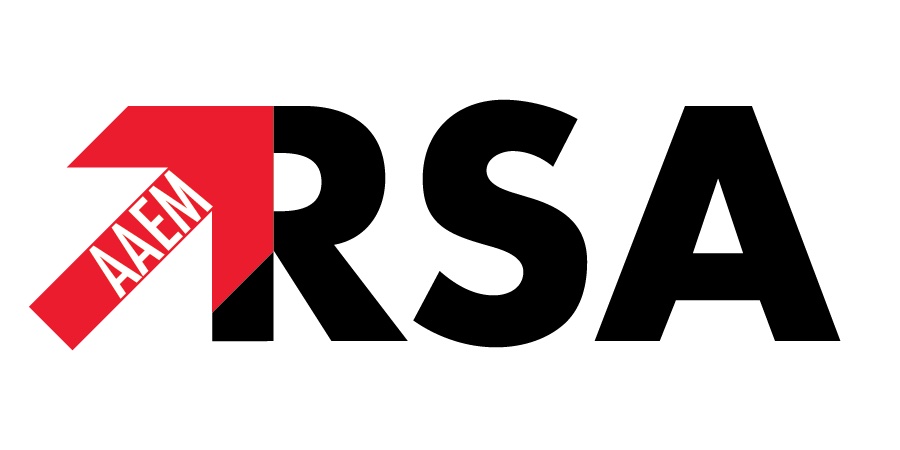 |
| Image credit: Pexels |
Author: Puja Gopal, MD
University of Illinois College of Medicine
 |
| This post was peer reviewed. Click to learn more. |
Recently when watching the evening news, I came across an interesting segment focusing on how teaching meditation in middle and high schools in San Francisco has led to many positive measurable changes. School officials have noted better attendance, better academic performance, and at least a 75 percent decrease in suspensions over a period of four years.
Meditation and relaxation techniques have garnered a lot of attention lately and have become the focus of much research. A brief literature overview on the potential impact meditation can have, especially in the field of emergency medicine, follows below. For emergency physicians, who operate in high-stress environments; attend to multiple tasks, often simultaneously; and must manage ‘the busy pit’, overall wellness becomes especially important. Wellness is reflected in one’s even mindedness and control during high stress situations such as coding patients; one’s focus and concentration during shifts of high volume; and one’s resiliency, especially after bad outcomes. Stress reduction techniques are thus essential to maintain wellness and happiness and avoid burn-out.
Meditation can also help with mood and prevent burnout. In a study published by JAMA, primary care physicians underwent an 8 week course on mindfulness meditation and self awareness exercises and were found to experience significant benefits, including improvements in feelings of burnout and emotional exhaustion, personal accomplishment, empathy and mood disturbances.4
The ability to be ‘in the zone’ improves focus and concentration as well as work output. Try to be the calmest person in the room regardless of what is going on. Carve out a few minutes, which can be as little as 5-10 minutes, in your day to mediate. First find a comfortable position – you can be sitting on a chair, but keep your spine straight. Close your eyes and focus just on your breathing and allow yourself to relax in the present moment. Even if your mind drifts, return to focusing on your breathing. Meditation is an art, and with time and practice it will become easier and lead to great benefits.
References
- San Francisco schools transformed by the power of meditation. NBC News. http://www.nbcnews.com/nightly-news/san-francisco-schools-transformed-power-meditation-n276301. Accessed December 30, 2014.
- Schneider R, Alexander C, Staggers F, et al. A randomized controlled trial of stress reduction in African Americans treated for hypertension for over one year. American Journal of Hypertension. 2005; 18(1): 88-98. doi: 10.1016/j.amjhyper.2004.08.027
- Holzel B, Carmody J, Vangel M, et al. Mindfulness practice leads to increases in regional brain gray matter density. Psychiatry Research: Neuroimaging. 2010; 191(1): 36-43. doi: 10.1016/j.pscychresns.2010.08.006
- Krasner MS, Epstein RM, Beckman H, et al. Association of an educational program in mindful communication with burnout, empathy and attitudes among primary care physicians. JAMA. 2009; 302(12): 1284-93. doi: 10.1001/jama.2009.1384
